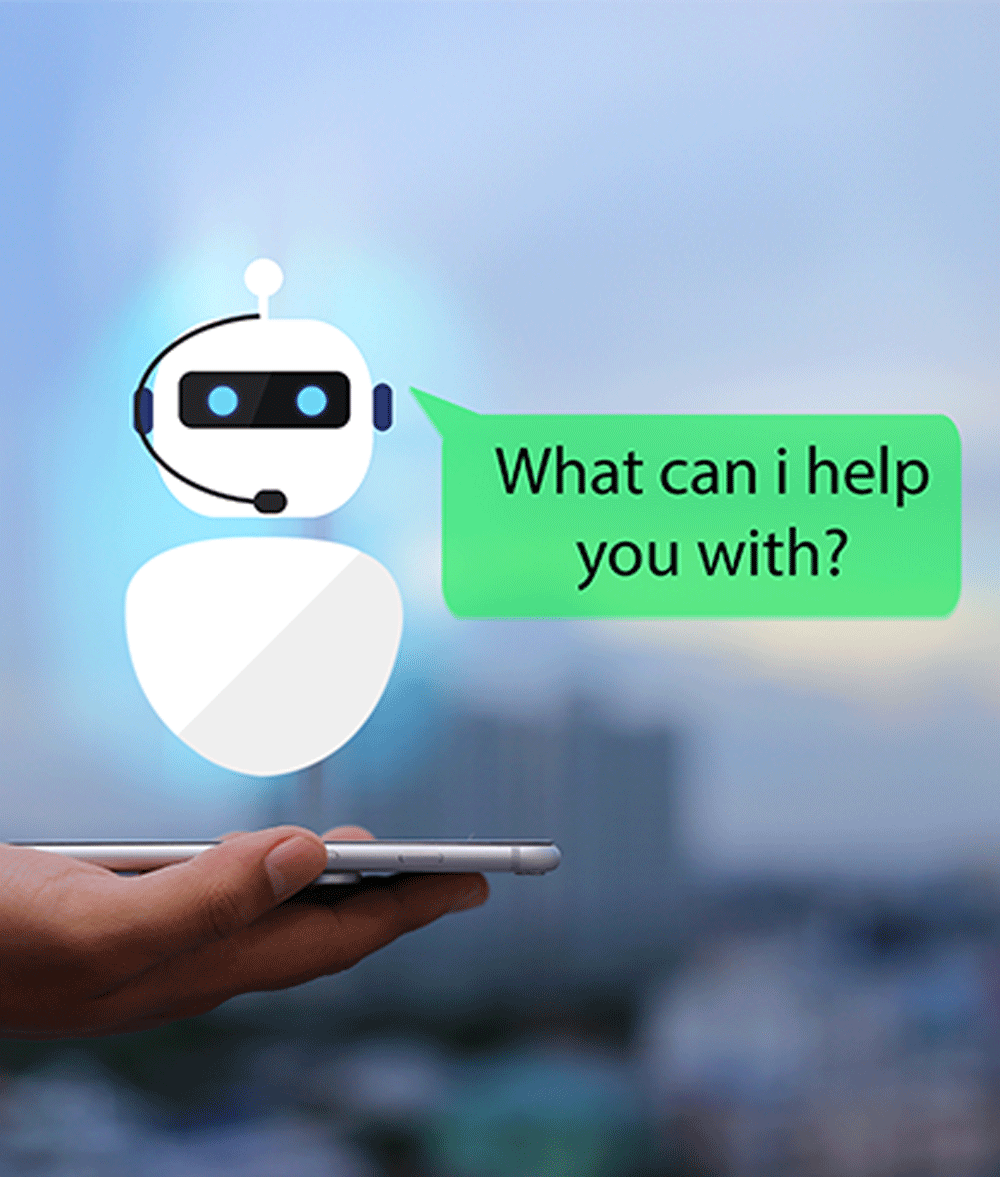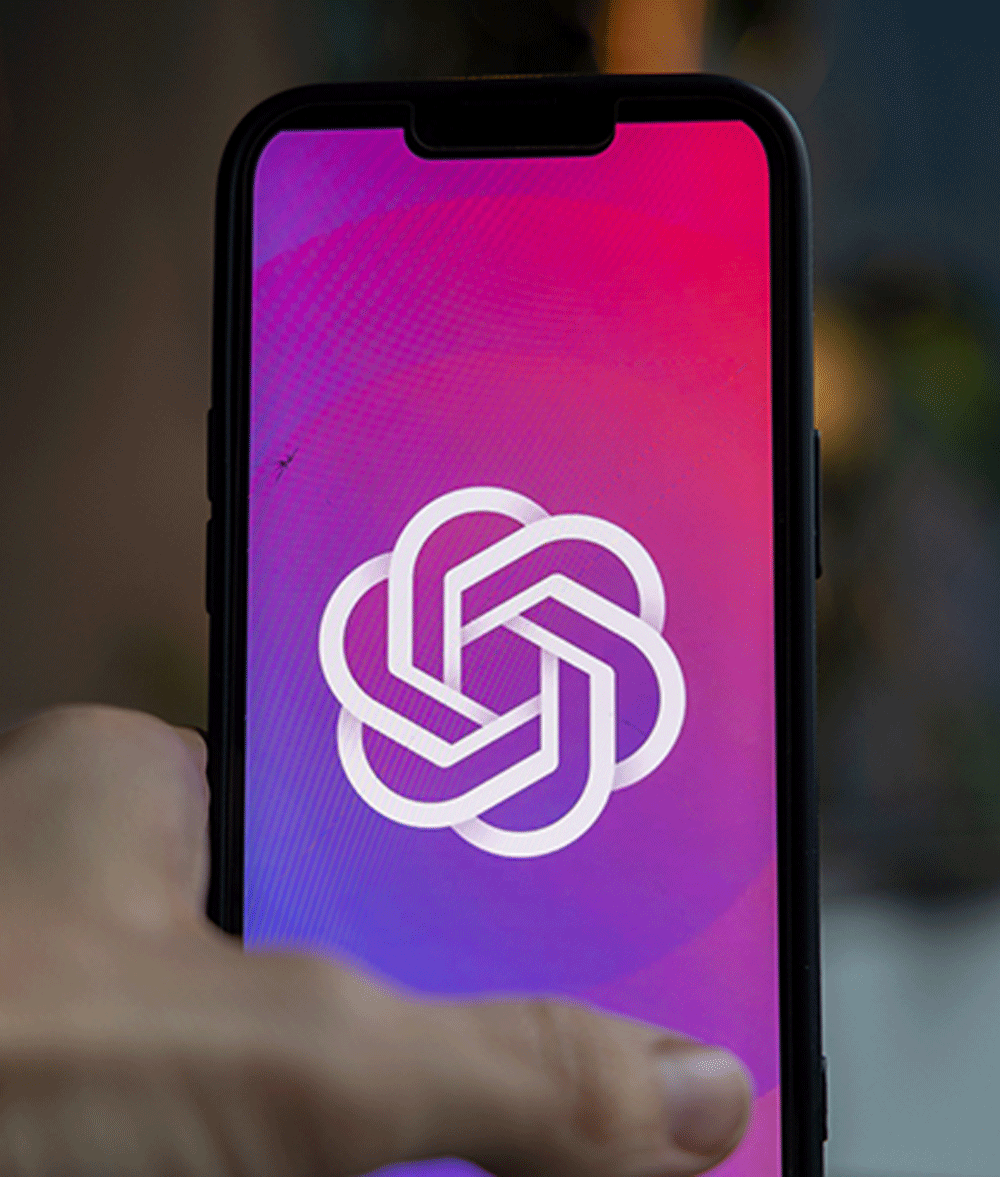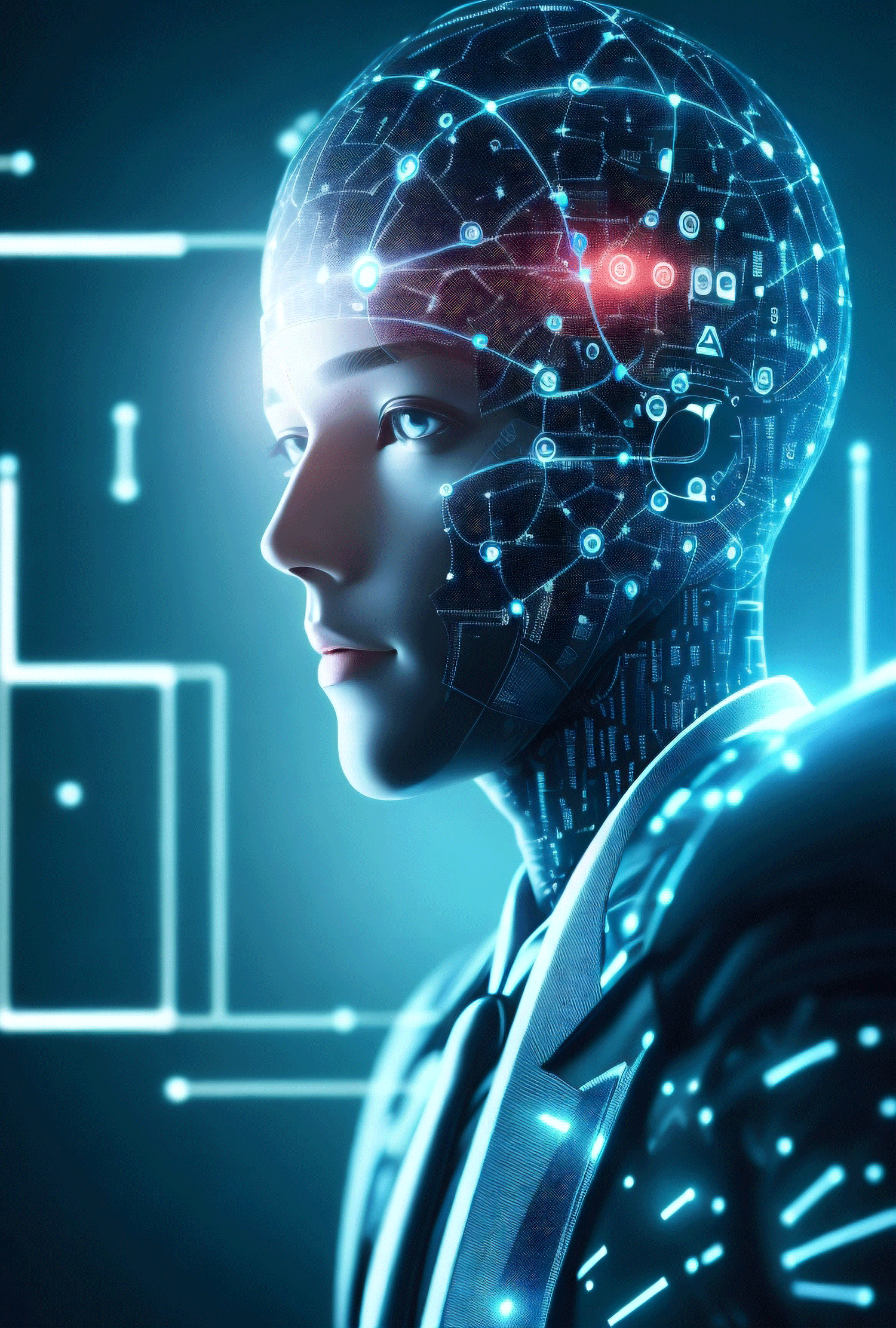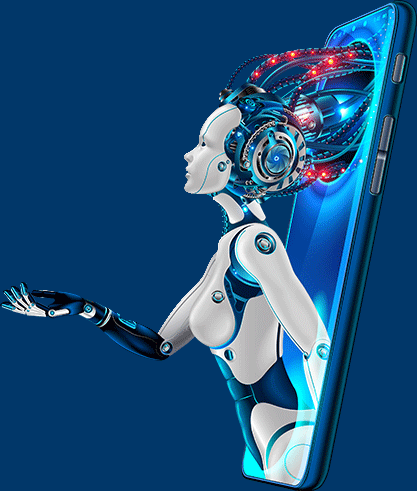Scale Your Business with State-of-the-Art AI Consulting Services in New Zealand and Australia
Are you interested in exploring the cutting-edge Generative AI technology for your New Zealand or Australian enterprise? Look no further than Matrix AI Consulting. Our high-calibre generative AI consulting services are designed to help New Zealand and Australian businesses maintain a competitive edge. Our team of experts specialize in natural language processing, deep learning, and more, offering comprehensive insights and guidance on leveraging this groundbreaking technology.
Generative AI Services
Generating value through Generative AI Strategies can be arduous, particularly when battling a cutthroat business environment. Fortunately, our seasoned GenAI specialists are at your fingertips to help you construct and implement a generative AI framework that caters to your precise business requirements.
We'll provide end-to-end assistance with developing, deploying, and maintaining your GenAI strategy. We also offer our expertise in leveraging GenAI tools to drive cost savings, revenue generation, client retention, and overall business value.
Our Generative AI experts have a comprehensive understanding of the latest and most cutting-edge machine learning algorithms, meaning they can assist you in determining the most effective approach. Reach out to us today, and our team will work tirelessly to customise a Generative AI solution that positions your business for success.
Generative AI Strategy
Our Generative AI consultants will develop a GenAI strategy that delivers scale and ROI.
Generative AI Development
Our technology team can build customised AutoAI solutions for your business.

Generative AI Design
We will develop a comprehensive solution by leveraging advanced services like Google's BERT and OpenAI's ChatGPT.
Generative AI Deployment
We deploy, test and enhance your Generative AI solutions.
What is Generative AI?
Generative AI is a groundbreaking advancement in the field of artificial intelligence (AI) that has the potential to revolutionise content generation by machines.
At its core, generative AI relies on neural network machine learning, a type of machine learning that enables computers to acquire new skills and knowledge from data with minimal human intervention.
With the power of generative AI, machines can now create original art, music, responses to queries, and captivating stories by leveraging past data and sophisticated algorithms.
Examples & Benefits of Generative AI
Generative AI is commonly used in creative applications such as music or art generation. For example, the Google Magenta project uses generative AI to create new pieces of music that are algorithmically generated from previous works. Similarly, the Deep Dream Generator uses deep learning to create abstract images from existing pictures.
Generative AI is also used in more practical applications, such as natural language processing and image generation, where machines are trained to generate new images or stories based on existing data.
In addition to its creative uses, generative AI has enormous potential for solving complex problems. For instance, Generative Artificial Intelligence could create new medical treatments by analysing large patient data samples. Similarly, it could generate new ideas for product design or engineering solutions.
Generative AI could help us find answers to questions we have never asked before and even give us insight into new areas of research that were previously unexplored.

What is Automated AI (AutoAI)?
AutoAI is an emerging technology that combines the power of automated machine learning and intelligent automation to help organizations find solutions to complex problems faster. AutoAI, also known as automated machine learning, uses predictive analytics, machine learning algorithms, and artificial intelligence to automate the process of developing advanced models for data analysis.
With AutoAI, companies can quickly develop sophisticated machine learning models with minimal manual input. This technology provides powerful insights and improved accuracy for many applications, such as natural language processing, speech recognition, logistics optimisation, and pattern matching.
AutoAI automates tedious tasks that require much manual work, such as data cleansing and feature engineering. AutomatedAI (AutoAI) can also identify essential features from massive datasets and discover patterns humans may miss. For example, AutoAI can help companies quickly identify customer segments, select the most promising products for further development, provide content for customer service chatbots and generate forecasts that can be used to make sound business decisions.
In addition, AutoAI can help businesses create predictive models that enable them to anticipate future trends and customer behaviour. For instance, a company could use automated machine learning technology to predict customer preferences and tailor their product offering accordingly. Moreover, AutoAI is being used to develop more accurate models for autonomous driving, robotics, and healthcare.

2. Cost Savings
1. Customisation
Automated AI systems can be customised to meet the unique needs of your business. This means that you can tailor the solution to your specific requirements and ensure it delivers the best possible performance for your organisation.
Automated AI reduces the cost of developing AI applications by automating tasks typically requiring a team of experts to complete manually.
This includes the tedious task of writing algorithms and code—which can be time-consuming and expensive—and making sure all of the components of your AI system work together seamlessly.
This automation dramatically reduces development costs and makes deploying AI solutions on time and within budget much easier.
Benefits of AutoAI
3. Accuracy & Performance
Automated AI is designed to ensure that each component of an AI system is optimised for accuracy, performance, and reliability.
This ensures that your applications are more accurate and responsive than ever before, leading to better customer experiences and reduced costs for your business.
4. Faster Development
With automation, AI projects can be completed faster than ever before. Automation allows developers to focus on more complex tasks, while the AutoAI solution handles simpler tasks.
This can significantly reduce development time and help organisations deploy their AI solutions quickly and efficiently.

What is Conversational AI?
Conversational AI is artificial intelligence technology that enables machines to interact with humans in natural language. The technology has proliferated in popularity due to its ability to handle complex conversations, provide personalized and accurate answers, and generate insights from customer interactions.
Conversational AI can take the form of chatbots, voice assistants, or virtual agents. It uses combination of natural language processing (NLP) and machine learning (ML) to understand what the user is saying and generate an appropriate response. The technology is becoming increasingly popular for businesses, enabling them to offer 24/7 customer service with accurate and personalized responses.
Benefits of Conversational AI
Conversational AI offers many benefits, including improved customer service, better cost savings, and improved insights into customer behaviour. It can give customers quick and accurate answers to their queries, leading to a better customer experience. Additionally, Conversational AI can automate basic tasks such as account setup and product recommendations, freeing up time for employees to focus on more complex tasks. It can also generate insights from customer interactions for marketing, sales, product development and customer service improvement.
In the future, it will become even more potent as it enables machines to understand complex conversations more accurately. Additionally, more companies will integrate Conversational AI into their customer service processes to provide faster and more accurate responses. This will also lead to improved customer experience, cost savings, and more insights into customer behaviour.
Examples of Conversational AI
There are many examples of how businesses are using Conversational AI technology today. For example, chatbots provide customer service and help customers quickly find the information they need. Many companies like Amazon Alexa and Google Home are also using voice assistants to improve their customer experience. Additionally, virtual agents are used for appointment scheduling and account setup tasks.
How Conversational AI Works Using NLP
Conversational AI relies heavily on natural language processing (NLP). NLP is an artificial intelligence technology that enables machines to understand and interpret human language. The technology analyses the user's input, identifies what they are asking, and generates an appropriate response.
Additionally, businesses can use NLP to generate insights from customer conversations for marketing, sales, product development and customer service improvement.


WHAT IS CUSTOMER EXPERIENCE AI (CX AI)?
Customer Experience AI (CX AI) is an innovative technology that helps businesses to improve customer experience (CX) by leveraging artificial intelligence and machine learning solutions. CX AI allows companies to collect data on customer behaviour, optimise processes, and deliver personalised experiences. It also provides many benefits, such as improved customer segmentation, better customer support, increased ROI, and more significant insights into customer behaviour.
One of the most common examples of CX AI is chatbots, which can help businesses automate customer service and provide personalised support without human intervention. Chatbots are powered by natural language processing (NLP) algorithms that allow them to understand users’ intent and respond accordingly. Chatbots can also be used for lead generation, sales assistance, and real-time customer feedback.
Another example of CX AI is sentiment analysis, which uses machine learning and natural language processing to analyse customer feedback or reviews. Businesses can use this data to understand their customers’ needs and preferences better and adjust their products or services accordingly.
Finally, CX AI can be used for automated marketing campaigns. By leveraging the data collected from customer interactions, AI tools can target audiences with personalised, relevant content. This helps businesses to optimise their marketing efforts and reach the right people with the right message.
CX AI is a powerful tool for improving customer experience and optimising business operations. By leveraging AI tools such as chatbots, sentiment analysis, and automated marketing campaigns, businesses can better understand their customers and provide them with more personalised and relevant experiences.New Paragraph
How do we work?
We also offer managed AI services, where our team of experts will manage and monitor your system 24/7, providing insights and recommendations on improving its performance. We keep up with the latest trends in AI technology, ensuring that your system is always running at its peak performance.
In addition, we provide a range of consulting services to help you understand the implications of AI and how it can benefit your business. Our team can advise on various topics, including data privacy, security, compliance, and ethical considerations. We also guide you in developing an effective AI strategy for your company.
At Matrix Consulting, we strive to ensure that our clients get the most out of their investment in generative AI. Contact us today to discuss how we can help you unlock the full potential of your data and get the most out of AI.

Contact us any time
Contact Us
We will get back to you as soon as possible
Please try again later
